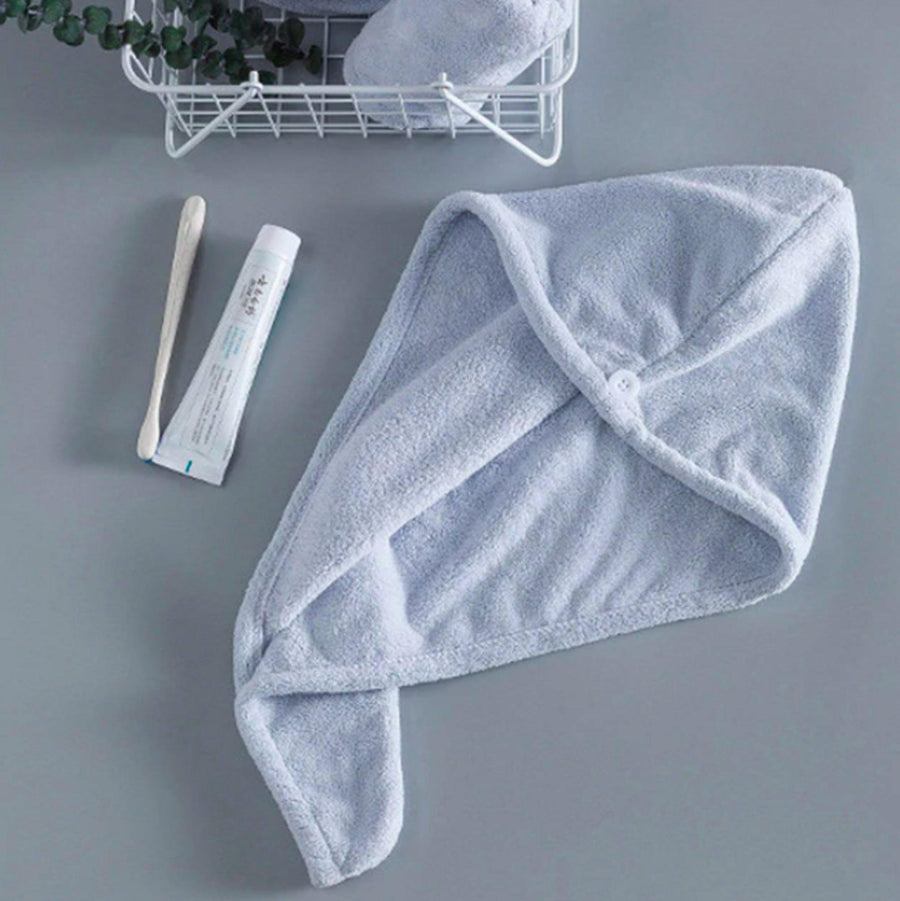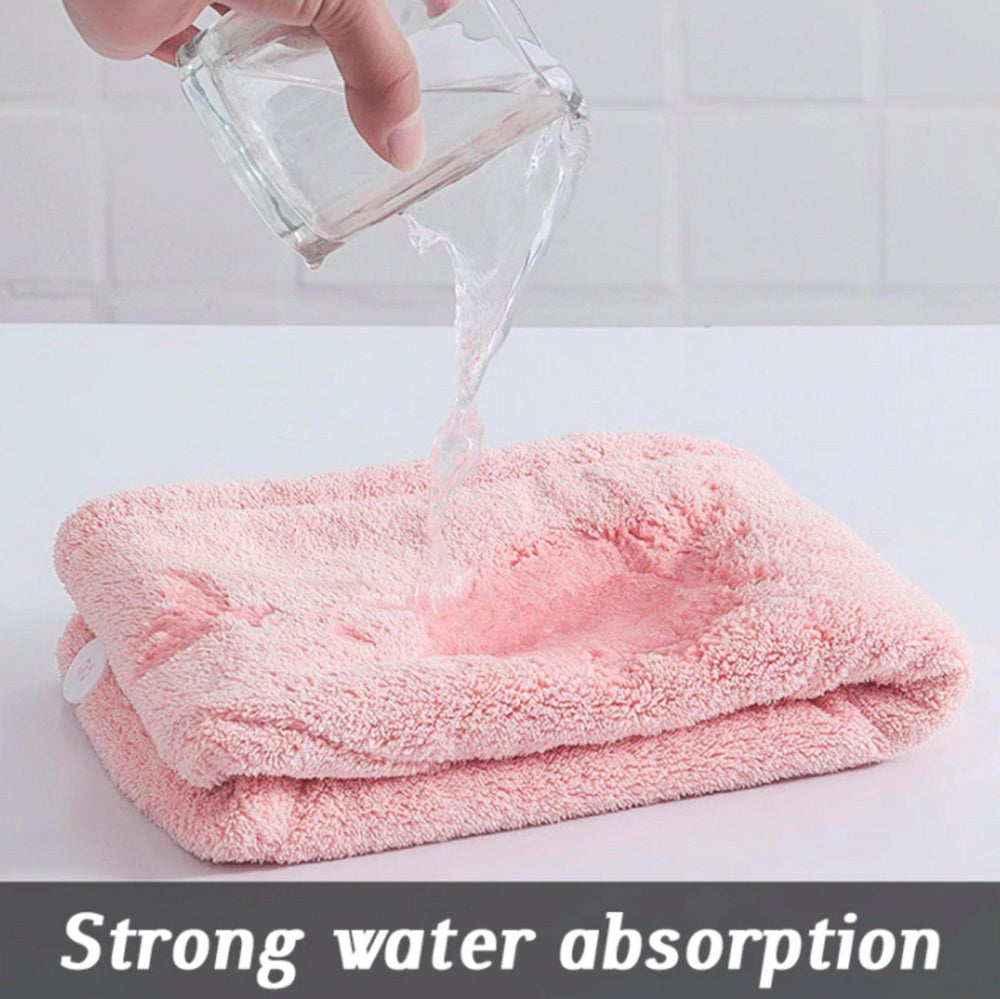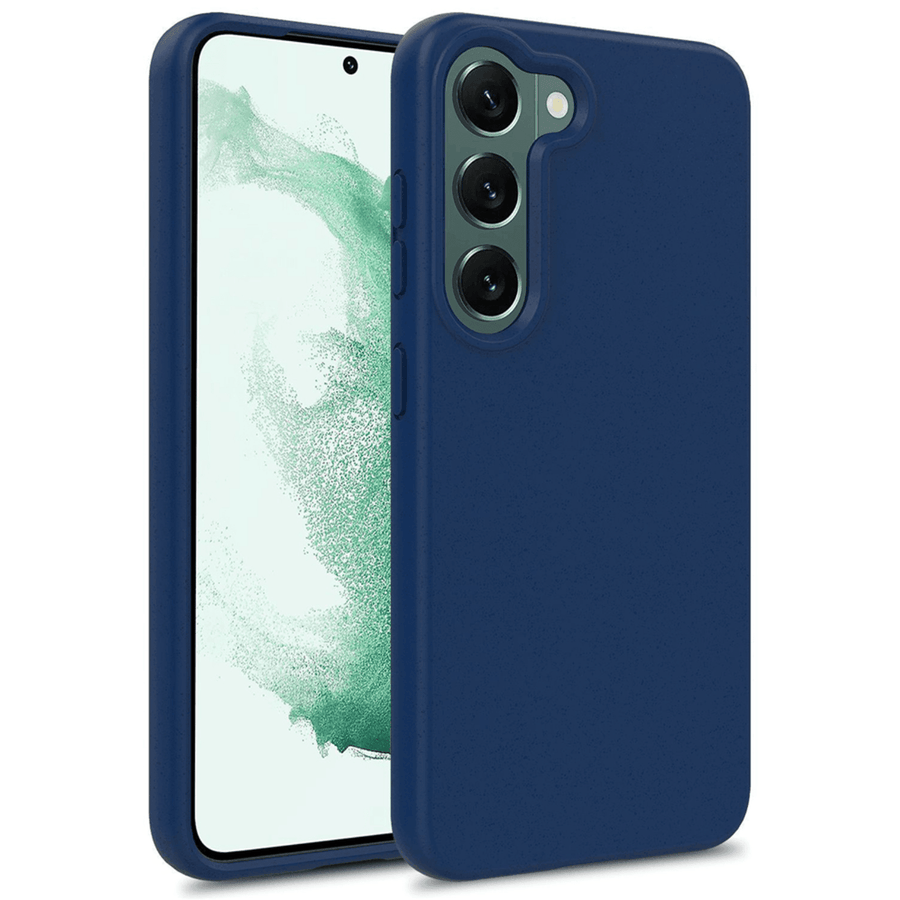Can Vegans Drink Beer?
Beer is most commonly made from barley malt, water, hops, and yeast, which means it’s usually vegan. Unfortunately, some beer brewers add finings that are not vegan as part of their brewing process, and this means that some beers are not suitable for those trying to live a cruelty-free lifestyle.

For those wines, ciders and beers contain milk, eggs and honey are definitely not for vegan. However, you may have missed some ingredients that added during the fining process, such as isinglass, gelatin, glycerin or casein that come from animal by-products. Since vegans seek to exclude products that use or exploit animals within their ingredients or production, this would mean we should be aware that any alcohol contain these ingredients.
How isinglass is used in beers?
Isinglass is used to make beer clear. It is taken from the swim bladders of tropical or subtropical fish and is therefore not vegan. Isinglass was traditionally produced using the swim bladders of sturgeon but is now more typically derived from species considered invasive.
Swim bladders are taken from the fish and sun-dried on-site in China, which then exported to the UK to use as a fining for beer.
Vegan beers
Here are some of the world’s bestselling beers, all of which are vegan:
Budweiser and Bud Light (USA)
Coors and Coors Light (USA)
Miller Original and Genuine Draft (USA)
Lite beer from Miller (USA)
Heineken (Netherlands)
Beck’s (Germany)
Corona (Mexico)
Pacifico (Mexico)
Skol (Brazil)
Tsingtao (China)
Snow (China)
Harbin (China)
You can find a more comprehensive list of vegan beers on the PETA website.
If you're worried about which beers are using isinglass, the best way is to check the individual ingredients of the beer you want to buy or to choose your beer from our list of vegan beers above.
You can also use popular website Barnivore to determine if the beer you're thinking of buying is suitable for vegans.
How gelatin is used in beers?
Gelatin is a protein obtained by boiling the skin, tendons, ligaments, and bones of animals. It is added to products to clear them, and can often be found in beer, wine, shampoo, face masks, and cosmetics. It’s often found in sweets, particularly in marshmallows and jelly candy.
Gelatin is used to clear beers, and is added during the fermentation process, or directly into the beer keg.
How glycerin is used in beers?
Glycerin is known as a hidden non-vegan ingredient because a lot of people don't realise that it’s often not vegan. Glycerin can be made from plant oil or from animal fats, but many ingredients labels will not specify which form of the ingredient is included, so it might be best to avoid the ingredient if you aren't sure.
Animal-derived glycerin is sometimes called tallow, and is taken from beef or mutton fat.
How casein is used in beers?
Casein is a milk ingredient and is not vegan. It is sometimes used as part of the fining process in the production of beer and wine.
Many people have a casein allergy, so it is likely that this ingredient will be highlighted on a bottle of beer if it contains it.
My Opinion
Personally, I don't drink beer or alcohol often. The main reason is due to health concern and the second is the calorie consumption. From my point of view, people who abstain from alcohol should continue to abstain — there're no convincing evidences for you to start drinking beer. On the other hand, for those who do drink beer regularly, it's better to consume alcohol in combination with a healthy, balanced diet.
Beer by itself will not be the thing that breaks your wellness goals, but it's one piece of a larger puzzle that makes up your overall health. It's neither all bad or all good. Moderation is the most important concept of any healthy diet, and only you can make the choice about what amount of beer (if any) works for you.








